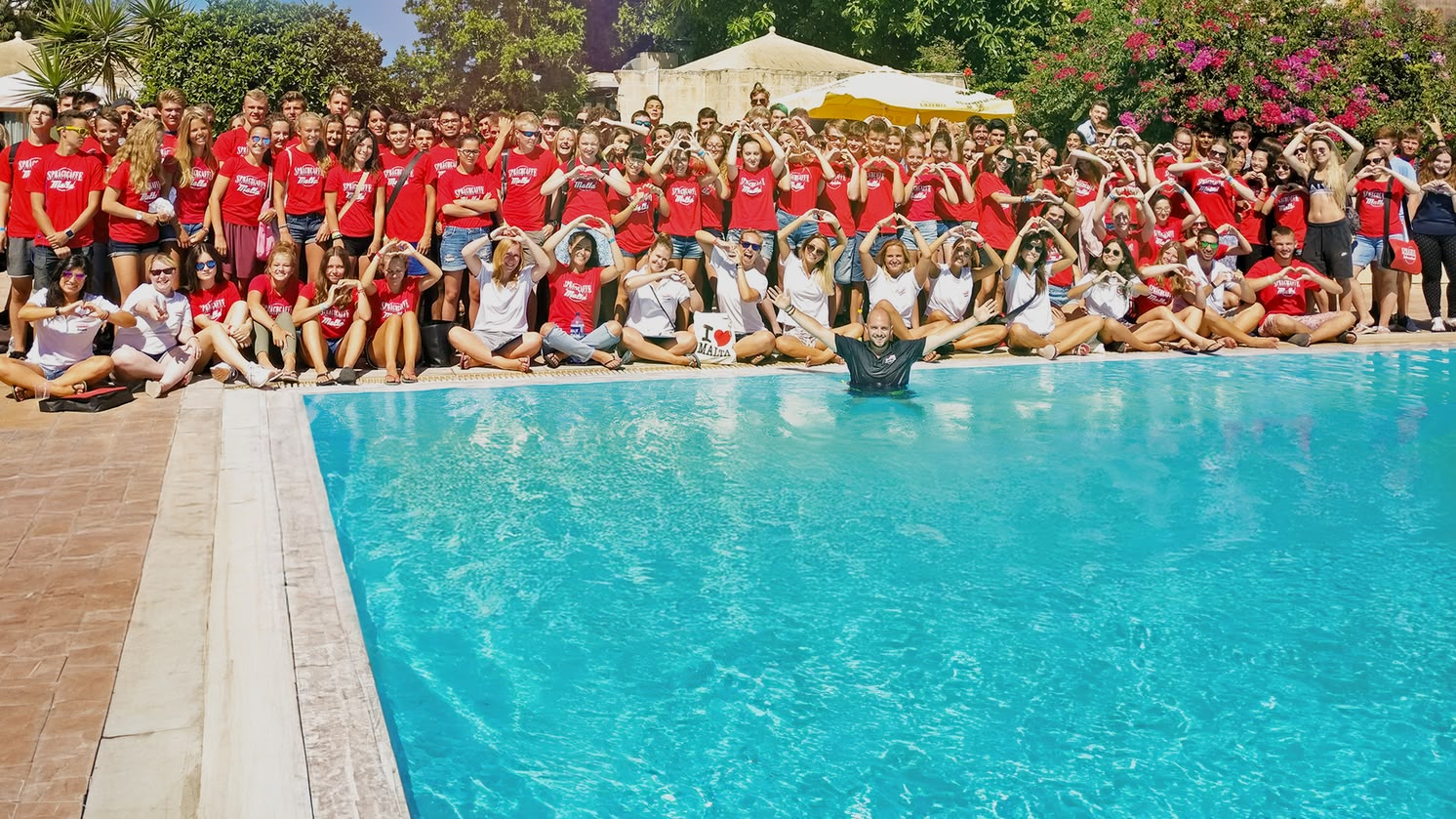Spanish Future Simple: Formation, Use and Examples
The future simple in Spanish is a verb tense that is used to talk about actions or situations that will occur in the future. It allows us to express what we will do, what will happen or our expectations about upcoming events. It is a relatively simple verb tense and is conjugated regularly for all verbs, whether they are regular or irregular verbs.
The Spanish future simple at a glance
The future simple in Spanish is a verb tense that allows us to express actions or situations that will take place in the future. It is an essential and versatile linguistic tool, as it allows us to talk about our expectations, plans, predictions and conjectures about what will happen in the future. With the simple future, we project our vision of the future, allowing us to communicate clearly and accurately about upcoming events.
The structure of the future simple in Spanish is quite simple and uniform for all verbs, whether regular or irregular. It is important to note that the future simple in Spanish is completely autonomous and does not require the use of auxiliaries as in English ("will" or "shall"). Moreover, unlike other verb tenses, its conjugation is relatively easy, since all endings are the same for all verbs.
Formation of the future simple in Spanish
The structure of the simple future is, as its name already mentions, quite simple. We just take the infinitive of the verb and add the same ending to all of them. In this case we do not care if the verb is regular or irregular, or if it ends in -ar, -er or -ir, since the endings apply to all verbs. The following table will show you how to do this:
Conjugation of verbs
Verbs ending in -ar
Speak
| Yo: -é | Yo hablaré |
| Tú: -ás | Tú hablarás |
| Él/Ella/Usted: -á | Él hablará |
| Nosotros/Nosotras: -emos | Nosotros hablaremos |
| Vosotros/Vosotras: -éis | Vosotros hablaréis |
| Ellos/Ellas/Ustedes: -án | Ustedes hablarán |
Verbs ending in er
Eat
| Yo: -é | Yo comeré |
| Tú: -ás | Tú comerás |
| Él/Ella/Usted: -á | Ella comerá |
| Nosotros/Nosotras: -emos | Nosotras comeremos |
| Vosotros/Vosotras: -éis | Vosotras comeréis |
| Ellos/Ellas/Ustedes: -án | Ellas comerán |
Verbs ending in ir
Living
| Yo: -é | Yo viviré |
| Tú: -ás | Tü vivirás |
| Él/Ella/Usted: -á | Usted vivirá |
| Nosotros/Nosotras: -emos | Nosotros viviremos |
| Vosotros/Vosotras: -éis | Vosotros vivréis |
| Ellos/Ellas/Ustedes: -án | Ustedes vivirán |
How does a language vacation in Malaga, Madrid, Barcelona or Havana sound? All these dream destinations with a Spanish language package is the perfect combination to enjoy your longed-for vacation.
Uses of the simple future tense:
Expressing future actions without certainty: The simple future is used to talk about actions or situations that will take place in the future and that are considered certain or probable, but without absolute guarantee. Example: "I will go to the movies this afternoon". (The speaker intends to go to the movies, but circumstances may change his plans).
Make promises or commitments: Also used to make promises or statements of commitment about future actions.
Example: "I will help you with your homework tomorrow". (The speaker commits to help the person with his or her homework).
Making predictions or assumptions: We can use the future simple to make predictions or assumptions about future events.
Example: "We will surely win the game". (The speaker predicts the team's victory).
Talking about plans or intentions: The simple future allows us to express plans or intentions we have for the future.
Example: "Next summer I will travel to South America". (The speaker intends to travel to South America next summer).
Examples of the simple future
- Tomorrow I will talk to my friend.
- You will eat at the restaurant.
- They will travel to Europe next year.
- You will study for the final exam.
- My sister and I will live together in the city.
Observations
It is important to keep in mind that the future simple in Spanish differs from the future in English, since in Spanish it is a completely autonomous verb tense and does not require the use of auxiliaries as in English ("will" or "shall"). Furthermore, unlike other verb tenses in Spanish, the future simple is relatively easy to conjugate, since all verbs, whether regular or irregular, follow the same ending structure.
In summary, the future simple in Spanish is a verb tense that allows us to speak of future actions and situations without conditionals. It is formed regularly for all verbs and is used to express certainty, make promises, make predictions or talk about plans and intentions. Its use is frequent and it is an essential tool for communicating effectively in the time to come.
Discover all options to learn Spanish abroad









